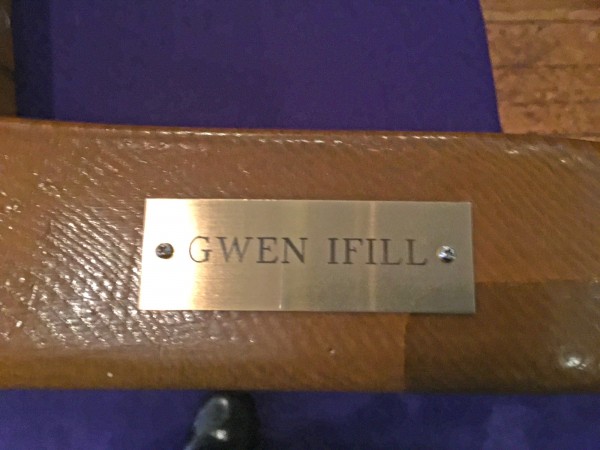 A former Rwandan minister was sentenced Thursday to 35 years in prison after being found guilty by a U.N. tribunal of genocide, incitement to genocide and rape as a crime against humanity. Augustin Ngirabatware was the country's planning minister at the time of the 1994 genocide in Rwanda, which left some left 800,000 people dead.
A former Rwandan minister was sentenced Thursday to 35 years in prison after being found guilty by a U.N. tribunal of genocide, incitement to genocide and rape as a crime against humanity. Augustin Ngirabatware was the country's planning minister at the time of the 1994 genocide in Rwanda, which left some left 800,000 people dead.
His is the last trial to be held by the U.N. International Criminal Tribunal for Rwanda, which was set up to prosecute those suspected of genocide and other serious rights violations.
The victims were mostly from the Tutsi ethnic minority, who were targeted by Hutus over a rivalry that dates to colonial days. Some moderates from the Hutu majority who supported Tutsis were also killed.
The tribunal found Ngirabatware, 55, guilty of directly and publicly inciting the killing of Tutsis at a roadblock in February 1994, and of distributing weapons that were used to kill Tutsis in Nyamyumba commune in April of that year.
He was also convicted of "participating in a joint criminal enterprise ... whose members shared the common purpose of destroying, in whole or in part, the Tutsi ethnic group, and exterminating the Tutsi civilian population in Nyamyumba commune."
Ngirabatware was found guilty as well of repeated rapes of a Tutsi woman through this joint criminal enterprise.
The former minister was detained in Germany in 2007 and transferred for trial at the tribunal in 2009. He will be given credit for time served in detention.
"The delivery of judgment today in this case marks a historic occasion and important milestone in the work of the International Criminal Tribunal for Rwanda," said chief prosecutor Justice Hassan Bubacar Jallow.
He said over the past 18 years, the tribunal indicted 93 people for genocide, crimes against humanity and war crimes in Rwanda.
Of those, 83 have been arrested, with 75 of them prosecuted to judgment, he said. Convictions resulted for 65 of those tried, while 10 of the accused were acquitted. Three died after indictment. Ten others were referred to national jurisdictions for trial and a handful remain fugitives.
"It has taken considerable effort, dedication and diligence by several parties for this outcome, amongst them the governments and law enforcement authorities of some 21 countries," Jallow said.
He also praised the more than 3,000 witnesses from several countries who testified at trial despite significant challenges.
"We hope that the ICTR has through the execution of its mandate made a difference: a difference in ensuring accountability for those who played a leading role in the tragedy of 1994 in Rwanda; in contributing to justice, reconciliation and respect for the rule of law in Rwanda; in demonstrating the viability and effectiveness of the process of international legal accountability for international crimes," Jallow said.
A number of appeals are still outstanding at the tribunal.
- Home
- News
- Opinion
- Entertainment
- Classified
- About Us
 MLK Breakfast
MLK Breakfast- Community
- Foundation
- Obituaries
- Donate
05-02-2024 7:06 pm • PDX and SEA Weather


















































































































































































































































































































